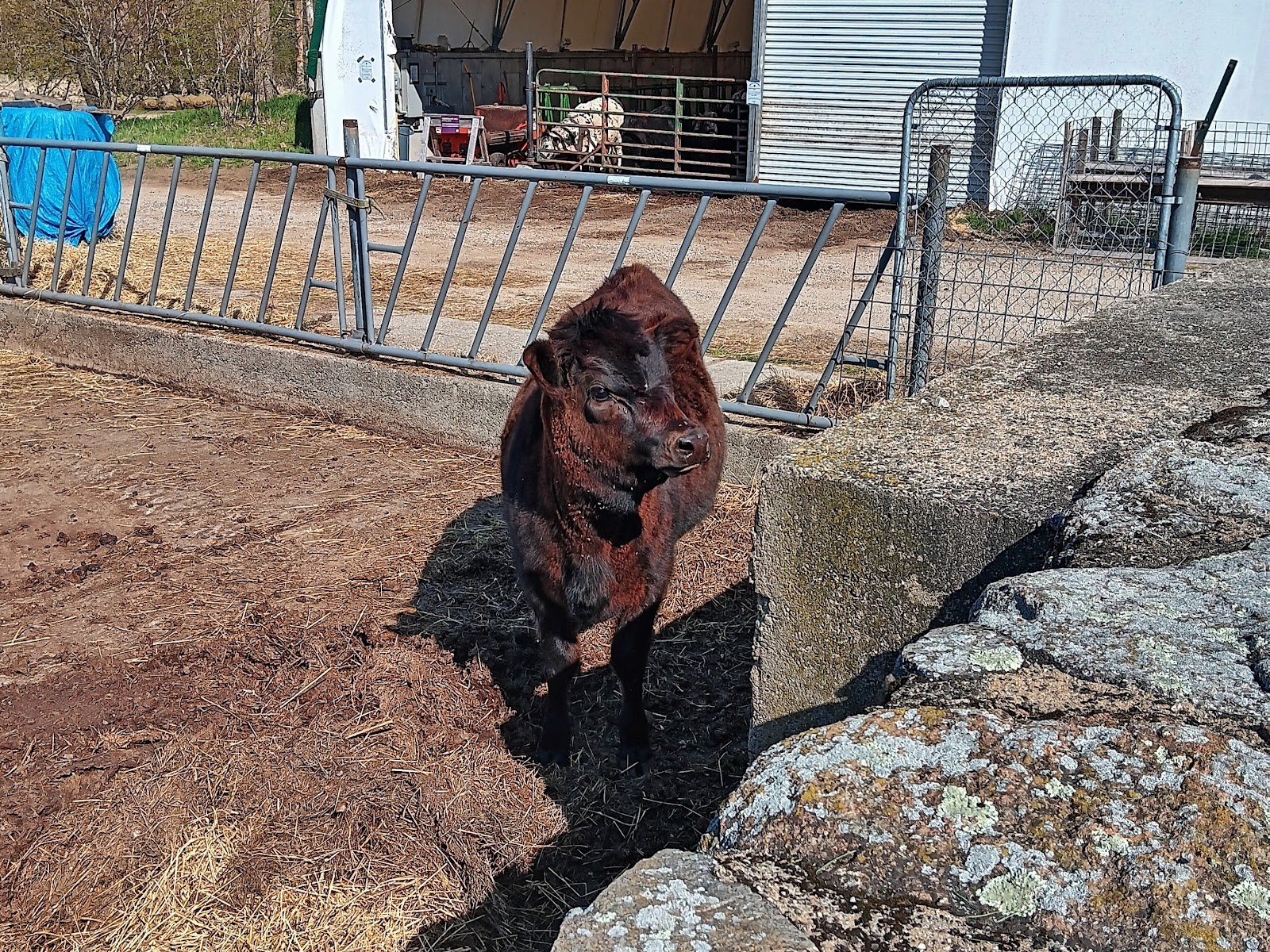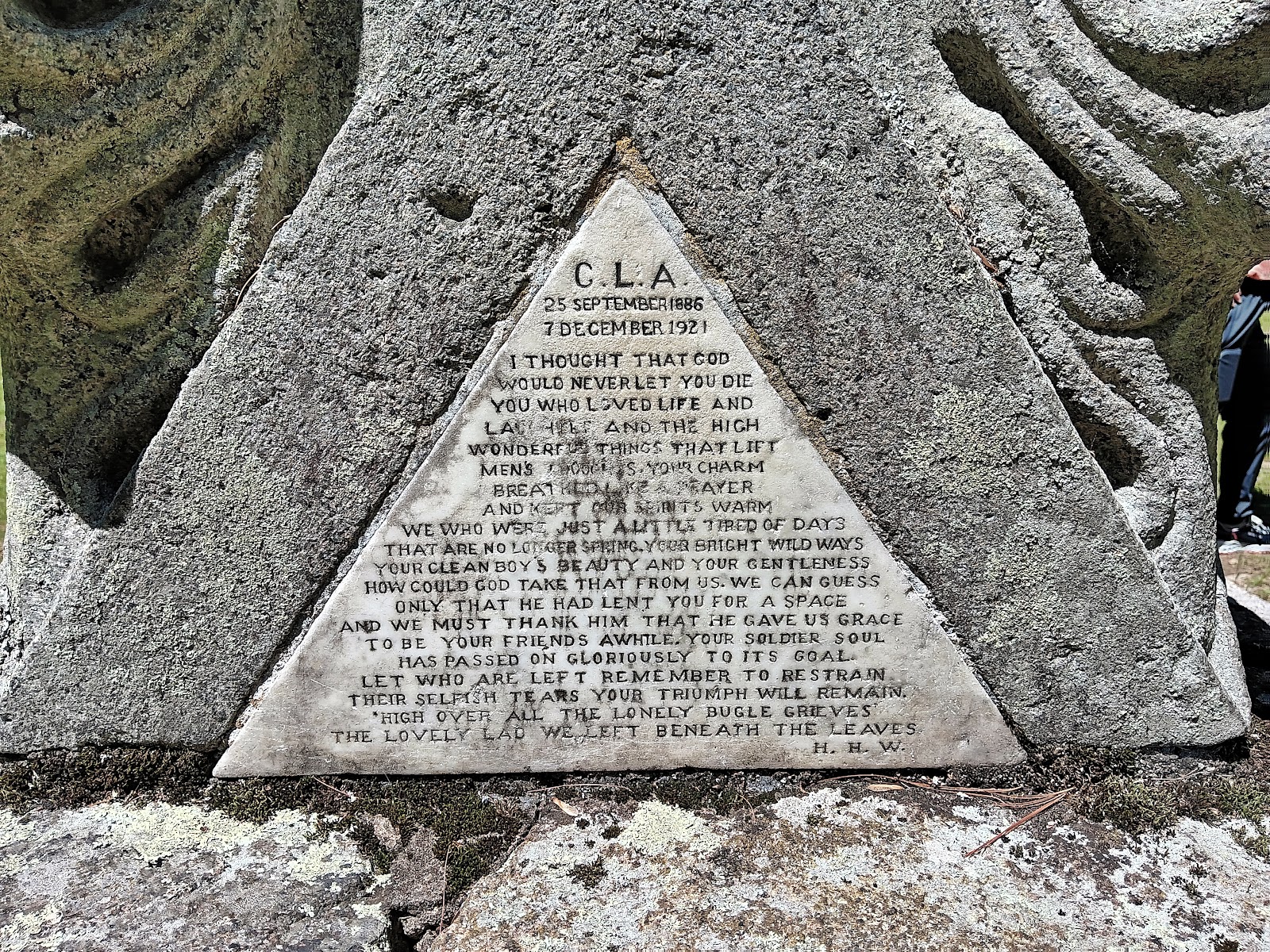The Trustees: Appleton Farms

This is the first post featuring visits from 2025. I went to Appleton Farms, a property managed by the Trustees of Reservations in South Hamilton and Ipswich, MA on two different weekends in May to explore different parts of the grounds. Once owned by the wealthy Appleton family, the 658-acre (2.66 sq km) working farm and trails are open year-round to the public. The paths are part of Bay Circuit Trail and Discover Hamilton Trail maintained by the Hamilton Conservation Commission.






The large Appleton family was part of the Boston Brahmin, a social circle frequently mentioned on this blog. With their ancestors among the earliest Puritan colonists arriving in Massachusetts Bay colony during the mid-17th century, the Appletons amassed a fortune and significant political control. According to extensive signage on the property, Samuel Appleton was granted this land in 1636, while the final owner, Joan Mary Egleston Appleton, died in 2006, marking 370 years of use by the family. Joan had married Francis Randall Appleton, Jr who at twenty-seven years her senior was the same age as her father. Francis was the sixth-great-grandson of Samuel. As for William Sumner Appleton, Jr., known for founding what became Historic New England, he was the fifth-great-grandson of Samuel, while Francis and William were third cousins once removed, as Francis’s third-great grandfather and William’s second-great grandfather was Isaac Appleton, Jr.






A significant family member who lived on the farm was Daniel Fuller Appleton (third-great-grandson of Samuel, grandfather of Francis, first cousin once removed of William). He was both farmer and businessman, thriving in the beef and dairy industries during the mid-19th century while surrounding farms disappeared due to a shift in the economy from an agrarian to industrial society, along with pressure to move west. Daniel seemed to love cows, and the farm continues to raise cows today. He even won awards from the Essex Agricultural Society, now best known for running the Topsfield Fair.






Besides cows, other animals in the barnyard included goats, bunnies, and cats. A private house abutting the trail also kept goats. Lion statues guarding the walls leading to the visitor center and barns did not much resemble the wild animal. Plenty of birds lived in the nearby fields, forest, and meadows, providing a great opportunity to birdwatchers.






The meadow or Great Pasture was of great importance, as it is one of the biggest fields in Massachusetts. During the early 1930s, Francis removed birch trees, ploughed, limed, planted grass, and added sheep. Today, the pasture covers 133 acres (0.54 sq km) of the property. In an area known as The Plain is a memorial to Joan. The stone wall is carved with her name, lifespan from 1912 to 2006, and a note on her “joyful memory”.






Another pair of memorials stand on the grass rides loop, the only area where pets are permitted. The matching stone pillars were pinnacles to Gore Hall, which housed Harvard College Library in Cambridge, MA. The Gothic Revival style stone building was constructed in 1838 and named after Christopher Gore. The Massachusetts politician served in the Continental Army during the American Revolutionary War right after graduating from Harvard in 1776. He would later build Gore Place in Waltham, MA, which I visited in 2022. Today, one is a monument to Charles Lanier Appleton or CLA, the younger brother of Francis who died at age thirty-five.






This is a good visit for people who enjoy a variety of walks, from a quick trip to see the animals to a long trek through the pasture, along with a touch of history. The trails are generally flat, well-maintained, and well-marked, although there was one steep hill that I encountered. Be warned that the map is not always accurate. An attempt to see the cows resulted in a unexpectedly long walk, as the original path was flooded over. The grounds are open from dawn to dusk. Parking is $6 per car on weekdays, $10 on weekends, and $0 for members or those with a library pass. The farm store selling goods produced onsite is open Tuesday through Sunday, 10:00 a.m. to 4:00 p.m. A picnicing area provides a sunny or shady spot for a quick lunch, while public bathrooms are available.

Abby Epplett’s Rating System
Experience: 7/10
Accessibility: 7/10
A wonderful post about one of my favorite places to walk, just a mile from our house. In 1687, Major Samuel Appleton and his brother John were among five children of Samuel Appleton, settler of Ipswich, and leaders of the resistance to taxation without representation for which Ipswich is known as the "Birthplace of American Independence." https://historicipswich.net/2023/01/10/the-defiant-samuel-appleton/
ReplyDeleteThank you for this comment and link, Gordon! I always enjoy learning more local history.
Delete